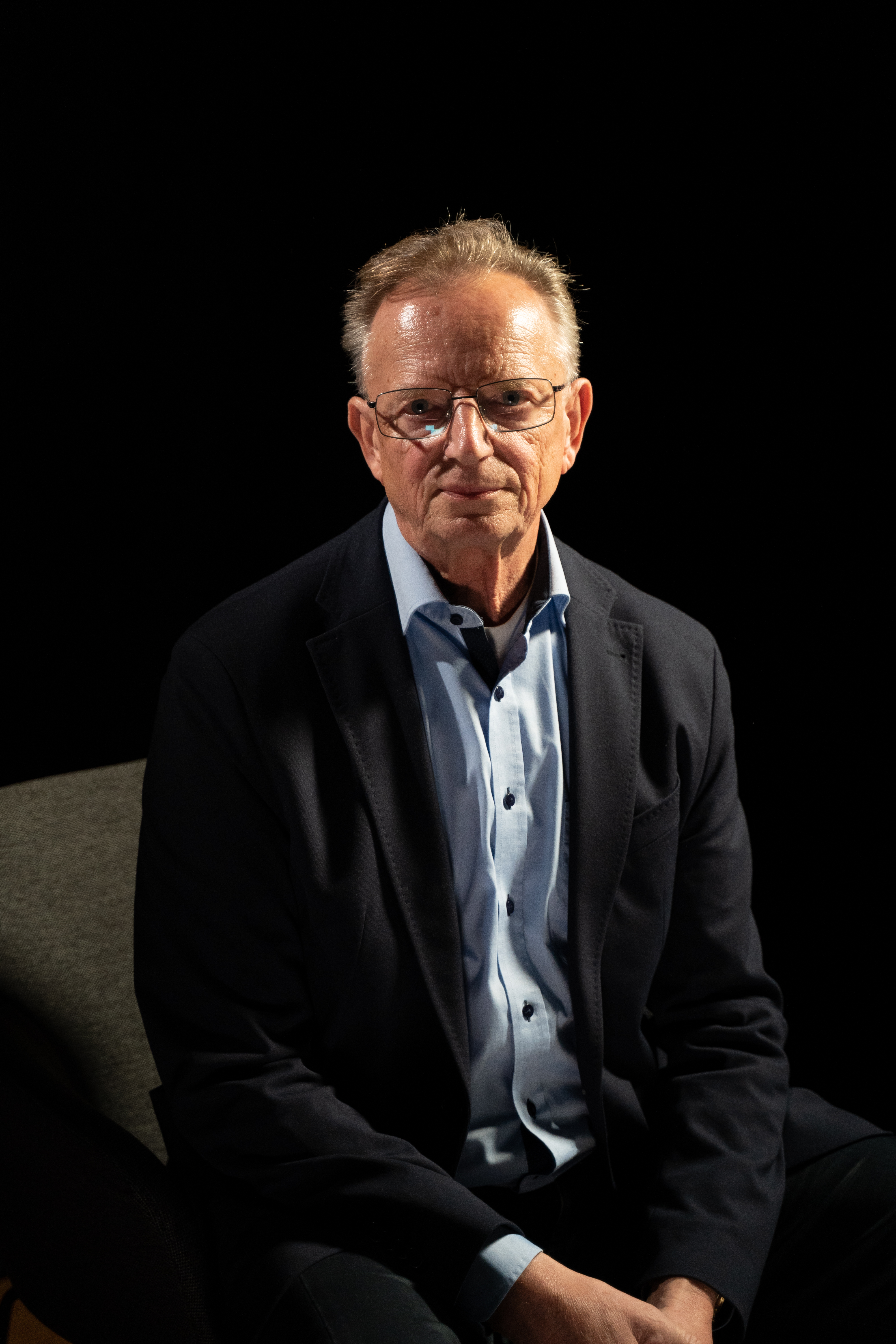They were glad that the war was over. And of course during the war, they had witnessed similar things the other way around

Stáhnout obrázek
Herbert Wagner was born in 1948 in Neustrelitz. His parents Edwin Wagner and Martha Jandausch both grew up in Bohemia. In 1940, Edwin Wagner was drafted by the Wehrmacht and first sent to the Western and later to the Eastern front. He was wounded multiple times and so he was eventually assigned the training of new recruits shortly before the end of the war. When the Red Army approached, he deserted and went back home to Mosern (Czech: Mojžiř) to his wife and sons. Since Bohemia was now part of Czechoslovakia, the German population faced disadvantages: Edwin Wagner was no longer allowed to lead his brick laying business, the family lost their house and finally, they were expelled altogether. They were transported in freight wagons to East Germany which is how the family ended up in Neustrelitz, where their third son Herbert was born in 1948. Edwin and Martha Wagner had difficulties adapting to this new life and this new home but they made do. Herbert Wagner went on to become an engineer and in 1989, he joined the “Group of the 20”, a civilian initiative in Dresden that negotiated in the name of the protestors with the municipal leaders. In 1990, in the first free municipal elections, Herbert Wagner won the vote and became mayor of Dresden until 2001.

